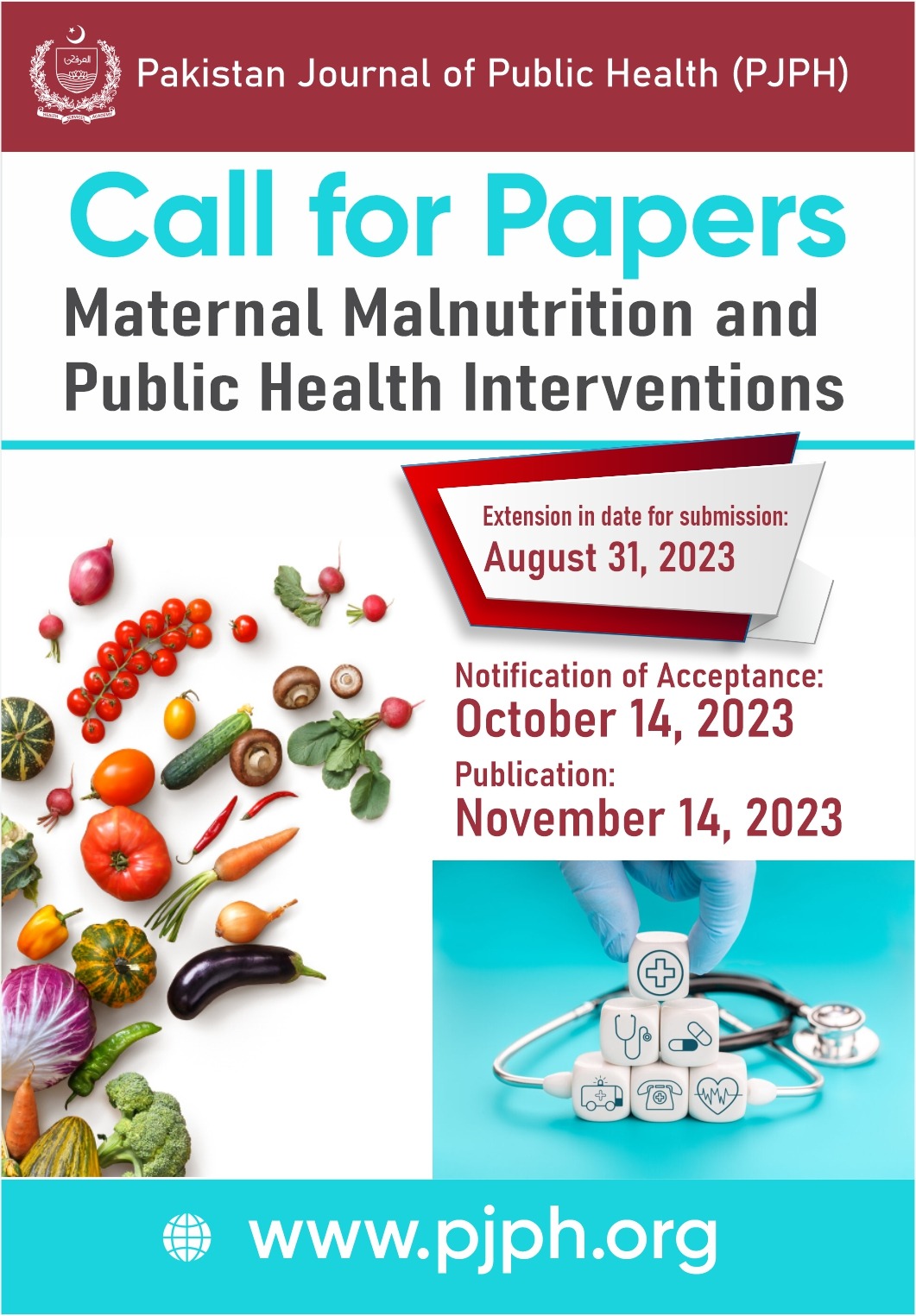HANDWASHING DETERMINANTS AND PRACTICES AMONG PUBLIC HEALTH STUDENTS IN THAILAND
DOI:
https://doi.org/10.32413/pjph.v9i2.296Keywords:
Hand hygiene, hand washing, health care, public health, theory of planned behaviorAbstract
Background: Handwashing is an effective way to reduce infectious disease transmission, but health care workers do not always follow hand hygiene guidelines. This research examines handwashing determinants using the Theory of Planned Behavior (TPB) and handwashing practices for public health students in Thailand
Methods: A cross-sectional descriptive study was conducted to assess the handwashing antecedents and behaviors of students attending the Sirindhorn Colleges of Public Health. Volunteer participants (n = 120) completed self-administered structured questionnaires. Data analysis was performed using descriptive statistics to describe the basic characteristics of the collected data in the study.
Results: TPB determinant scores were moderate to high (71% to 85%) and the mean handwashing knowledge score was 74% of the total scores. Handwashing practice rates before food preparation and consumption and after coughing or sneezing average less than 80%.
Conclusion: SCPH students' attitudes toward handwashing are generally favorable and their handwashing rates are high, but they do not consistently adhere to handwashing protocols. Therefore, handwashing practice among SCPH students is room for improvement, with potential interventions targeting beliefs, social factors, and perceived barriers to handwashing.






